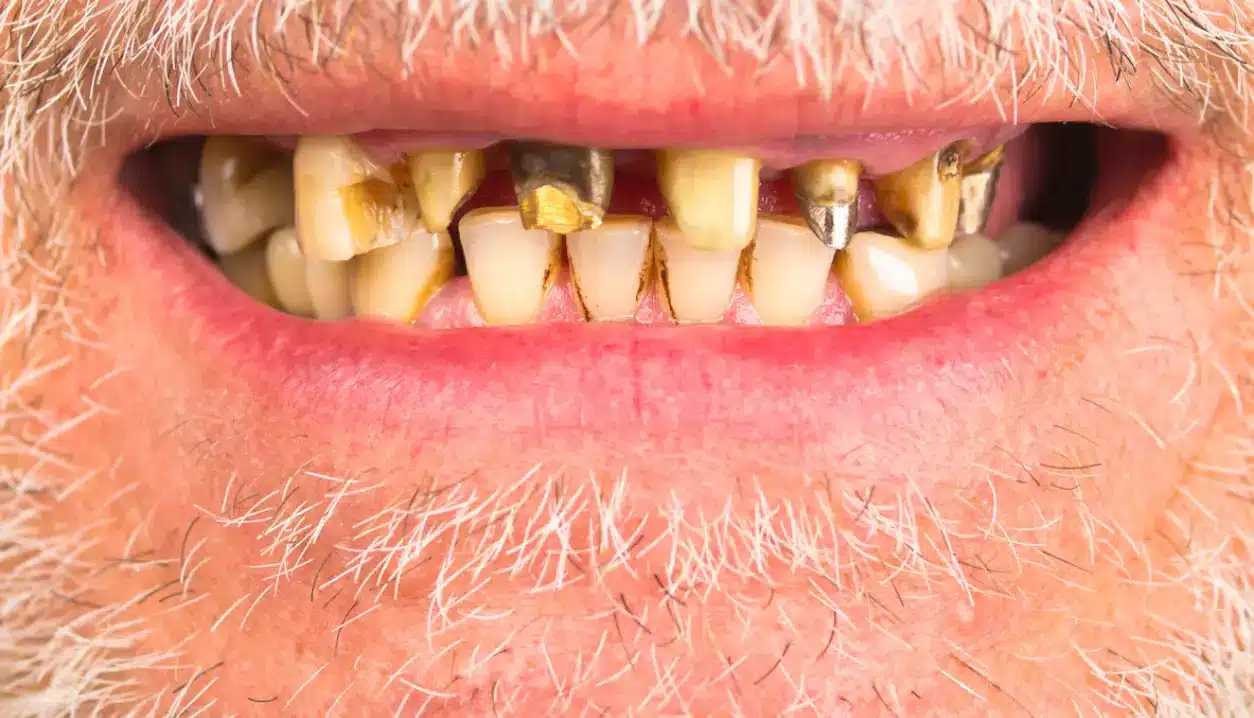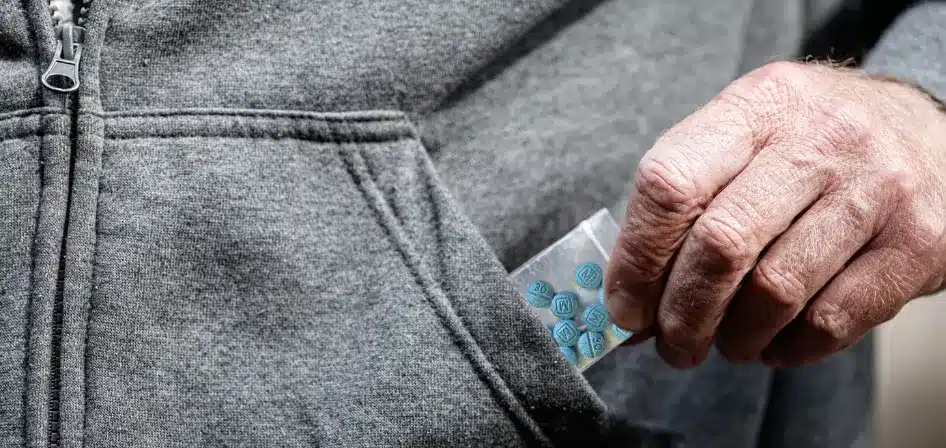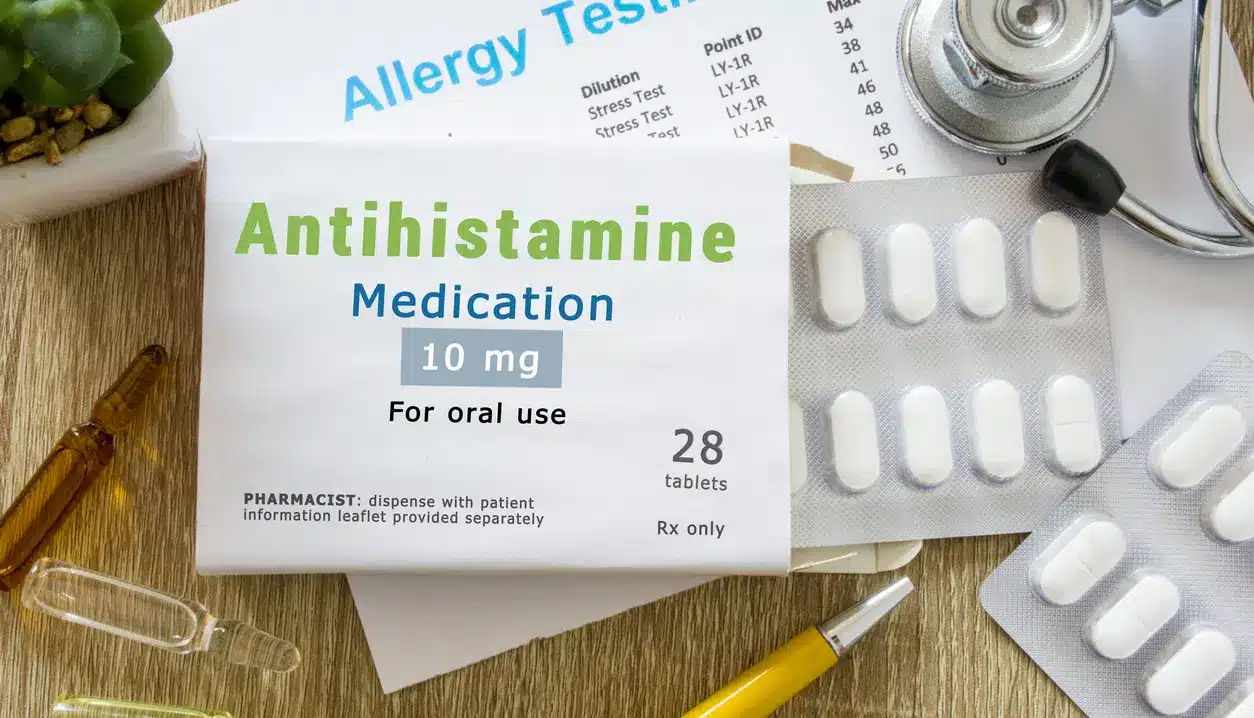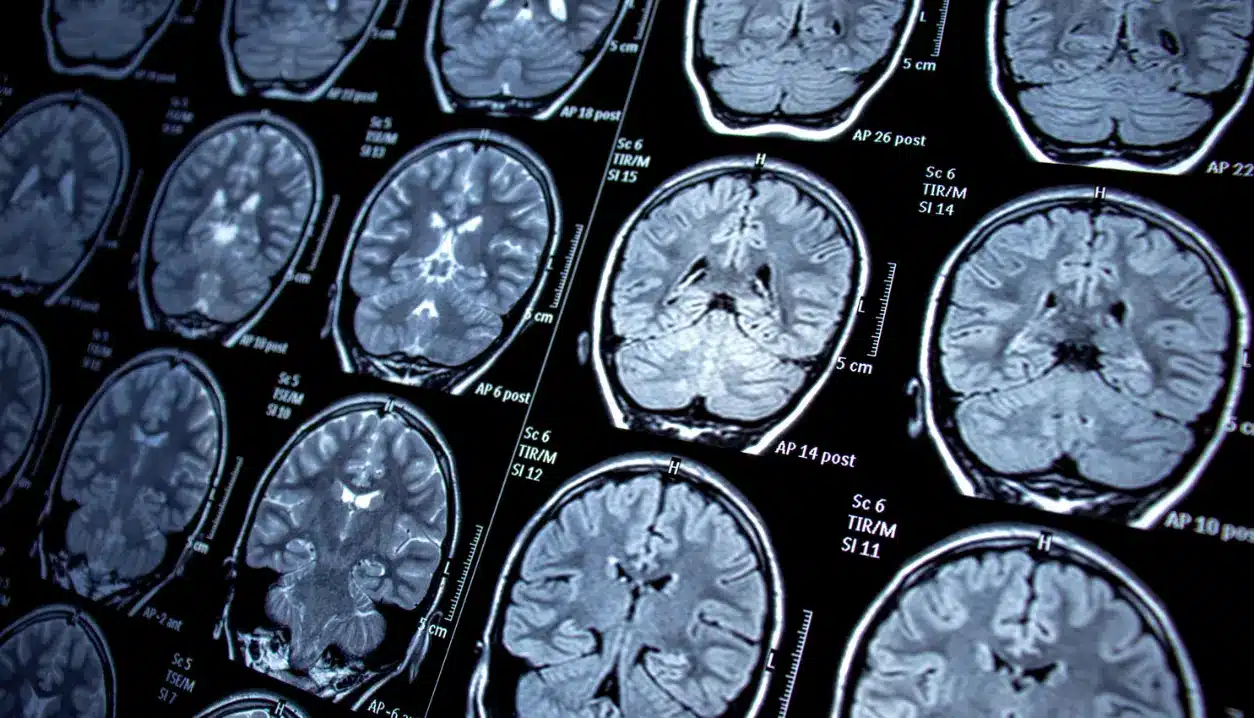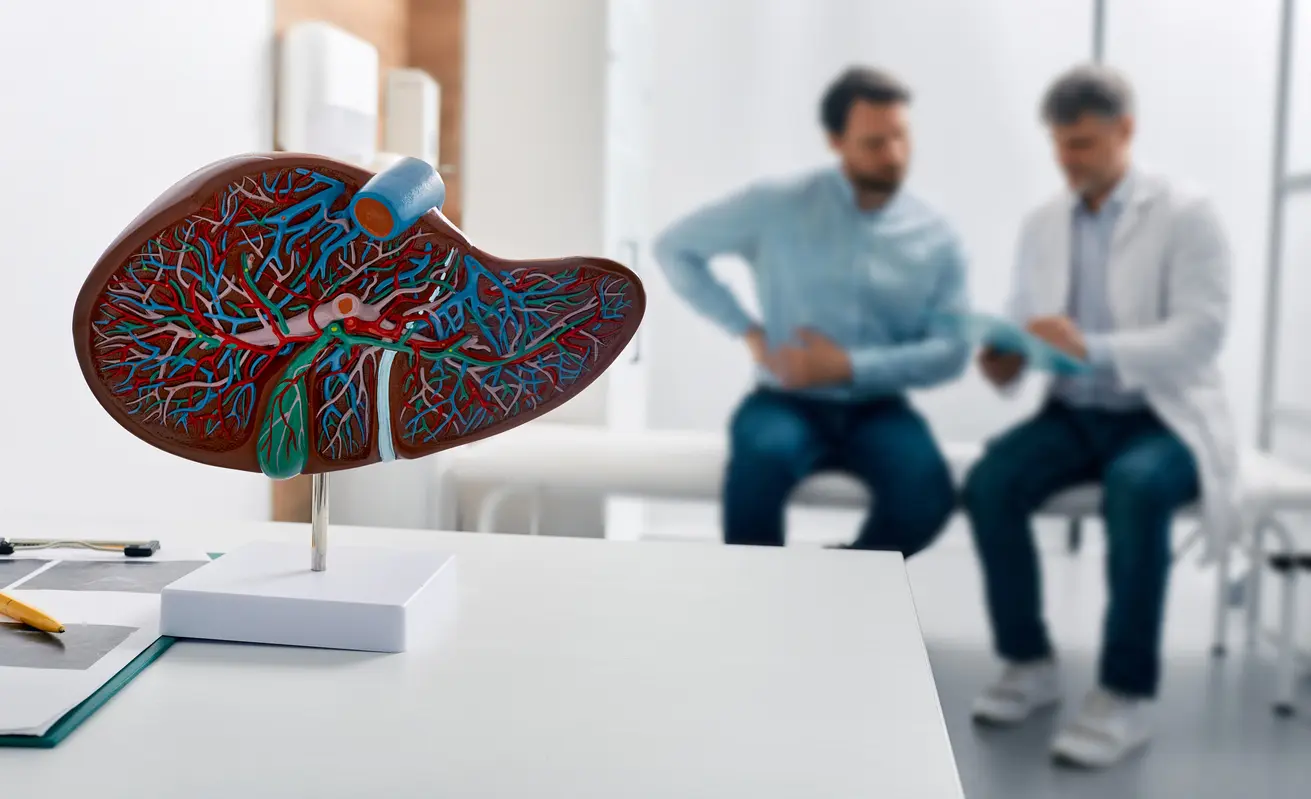Find Treatment Centres for Drug & Alcohol Rehab in Bolton
Ocean Recovery combines comfort and luxury, with an intensive programme of therapy and treatments for drug or alcohol addiction.


Drug and Alcohol Rehab Bolton
If you (or someone close to you) are struggling with addiction, Ocean Recovery can help you turn your life around and move forward with a fresh perspective in a life free of alcohol or drugs.
Please call us today on 01253 847 553 or text HELP to 83222 and ask for one of our no-obligation consultations. We can perform an initial assessment over the telephone and discuss which addiction treatment can benefit your long-term recovery plans.
- The Rise of Addiction Rates in Bolton
- Accepting You May Need Drug and Alcohol Addiction Treatment
- Are there Outpatient Care Options in Bolton?
- Does Residential Rehab Work?
- The Cost of Treatment At a Drug and Alcohol Rehab in Bolton
- The Length of Residential Treatment Programmes in Bolton
- Addictions We Treat at Our Drug and Alcohol Rehab Bolton Clinic
- Detox Treatment at Ocean Recovery
- Types of Therapy Provided at Our Drug and Alcohol Rehab Bolton
- Dual Diagnosis Treatment at Ocean Recovery
- Life After Drug and Alcohol Rehab in Bolton
- Advice For Family and Friends
- Start Your Journey to Recovery in Bolton Today
The Rise of Addiction Rates in Bolton
Asking for help is hard, but the fact that you are reading this page proves that you are already approaching the appropriate mindset for your recovery. Sadly, dependency is a growing concern in Bolton and the Greater Manchester area, with many people currently suffering from a drug or alcohol addiction.
Across the county, there has been a staggering increase of 74% in drug-related deaths. Bolton specifically ranks 6th out of the 10 boroughs within the county of Manchester for having the highest rates of alcohol addiction. In fact, in a single year, the equivalent of 3,000 years of life was lost due to alcohol addiction in Bolton.
These recent statistics are disturbing, but we are here to try and make a change for the people who are suffering in Bolton. We’re committed to providing the highest quality care for a broad range of addictions.
Accepting You May Need Drug and Alcohol Addiction Treatment
The reality of addiction is that, the sooner someone is able to accept they may have a reliance on a drug or alcohol dependency, the sooner they can start taking back control of their life and achieve lasting recovery.
No matter how severe the addiction is, there is treatment out there that will make it possible to regain strength and truly heal. However, every day is important when drugs and alcohol are being abused, and the more severe the addiction, the harder it is to treat.
We understand that some individuals struggle to acknowledge the extent of their addiction. This is particularly challenging for those who have underlying mental health conditions. For your best chance of recovery, we recommend you contact our compassionate team at Ocean Recovery to discuss the wide range of addiction treatment options we have available.
Are there Outpatient Care Options in Bolton?
Outpatient treatment can be defined as a form of rehab treatment where individuals suffering from drug and alcohol addiction can receive the help they need without staying in a residential rehab centre.
In Bolton, there are outpatient care treatment avenues within the NHS, offering a range of treatment options for substance misuse treatment. In Bolton and the wider Manchester area, public substance abuse treatment is provided by Achieve. These centres cater to individuals dealing with all sorts of substance abuse issues, from cannabis rehab to managing alcohol withdrawal symptoms.
This method is particularly beneficial for those who require the flexibility to continue their daily routines while undergoing treatment. However, it’s worth being aware that outpatient treatment has higher relapse rates, as the treatment is much less intensive, and individuals will continue to reside at home and be solely responsible for attending their sessions.
Currently, those looking to seek outpatient treatment from local NHS services are often facing extended waiting lists for addiction treatments, which means that many are not receiving the help they so desperately require. We take great pride in the efficiency of our operations, allowing us to provide immediate admission for individuals seeking drug and alcohol rehabilitation.
To ensure the best outcome, we strongly advise pursuing residential addiction treatment first, if feasible, as it has been proven most effective. Following this with outpatient care typically achieves the best results.
Does Residential Rehab Work?
We acknowledge that the road to recovery may seem daunting initially, but effective treatment through a professional and reputable drug and alcohol rehab provides the most promising recovery outcomes.
Addiction is an incredibly complex disease, and it’s one of the most challenging conditions to fully heal from, which is especially true if attempted alone. Drug and alcohol detox can also be a dangerous process to undergo without medical supervision, which is why the level of care and guidance provided at residential rehab is often seen as invaluable, providing individuals with what they need to achieve a state of recovery that is sustainable to them.
Choosing our drug and alcohol rehab in Bolton provides an optimistic and supportive environment to those who are struggling, which we believe is absolutely essential for overcoming addiction. Our clinic focuses on offering compassionate, confidential, and tailored support, with numerous treatments available that are designed to address your unique needs and circumstances.
The Cost of Treatment At a Drug and Alcohol Rehab in Bolton
Undergoing treatment at our Bolton rehab facility for drug and alcohol rehabilitation involves varying expenses, which are influenced by multiple factors. These factors include the duration of your customised treatment plan and the specific level of medical and psychological care required for a successful recovery from addiction.
To give a general idea of what to expect in terms of financial investment, the estimated cost for rehab typically includes prices starting from £3000.
The costs associated with private rehab are in place to cover a wide range of services, such as expert medical supervision, a private and peaceful environment, world-class facilities, therapy sessions, medications, and comfortable accommodation, all aimed at facilitating an effective and holistic treatment.
The Length of Residential Treatment Programmes in Bolton
Typically speaking, we ask for a 28-day commitment from individuals who are receiving treatment at our residential alcohol rehab in Bolton. However, it’s very difficult to determine how long a treatment programme will last, as this will depend on the patient and the treatment programme recommended to them during the admissions process, along with the overall severity of the addiction being treated.
When you first speak to our admissions team over the telephone, patients are asked to describe their addiction history with the best level of detail and accuracy possible. Our compassionate and approachable team of addiction specialists will also perform a full physical and psychological assessment of your health and identify any underlying causes that may have triggered the addiction.
These procedures give us insight into how much treatment you require and which of our drug and alcohol treatment centres will be best placed to help the most.
Addictions We Treat at Our Drug and Alcohol Rehab Bolton Clinic
At Ocean Recovery, we are able to provide comprehensive and effective treatment for a broad range of addictions.
Each type of addiction demands a bespoke approach, which may be either more psychological or more physical, depending on the substance or behaviour involved.
For instance, opioid addiction, involving substances such as heroin or prescription painkillers, generally necessitates medical intervention, detoxification, and often medication-assisted treatment to help ease severe physical withdrawal symptoms and cravings.
Generally speaking, cocaine addiction, on the other hand, while also having physical components, is often considered more psychological. This means a focus on extensive cognitive-behavioural therapy, addiction counselling, and psychological support to address the underlying mental and emotional triggers and patterns may be prioritised.
Addictions to substances such as alcohol often require a combined approach, integrating medical treatment for physical dependency and psychological therapy to manage behavioural and emotional aspects.
Our medical professionals, along with our team of exceptionally skilled and experienced addiction specialists, work together to provide the best and most worthwhile programmes that help each and every person who comes to us for substance misuse support.
Discover more details about some of the common types of addictions treated at our drug and alcohol rehab Bolton clinic below:
Detox Treatment at Ocean Recovery
A drug and alcohol detox is when a patient physically undergoes a thorough cleanse, typically within an inpatient rehab facility. This means the removal of all traces of the substance to which they are addicted.
We understand that the detox stage of treatment is something that no one looks forward to. In fact, it is often described as the hardest part of addiction treatment, as our bodies are likely to react badly to being denied the substances they have become used to.
As access to drugs or alcohol is tapered away, it’s common for patients to experience withdrawal symptoms. However, some of these can be quite serious, so it is incredibly important that your progress is monitored within a residential setting.
While the detoxification phase may be challenging, it is important to remember that it is a temporary experience. Spanning a duration of just 5 to 10 days, this essential stage will strengthen individuals both mentally and physically, preparing them for the next phases of their treatment journey.
Detox Withdrawal Management
The detox process will likely induce withdrawal symptoms, which are known to range from mild to severe, depending on the person, the substance, and the seriousness of the addiction being treated.
Some substances will be more psychologically challenging, creating feelings of anxiety, depression, shame and/or paranoia. For others, the physical hold will be the biggest difficulty to overcome, causing symptoms such as shaking, nausea, difficulty sleeping, lack of appetite and more.
In severe cases, individuals can experience both severe physical and psychological symptoms. However, we have a dedicated team that is there to help individuals through this challenging time, providing the support, guidance and care required to make a full recovery.
If a patient is showing signs of experiencing a severe detox, our medical professionals can help manage any and all symptoms effectively.
We truly believe that individuals require a private, serene and comfortable environment to undergo this process, which is exactly what we provide here at Ocean Recovery. Detox medications may also be provided during this time, which is known to bring significant relief during this stage of treatment.
Types of Therapy Provided at Our Drug and Alcohol Rehab Bolton
Through our dedicated rehab programmes, individuals will undergo a thorough and customised treatment plan designed to promote lasting recovery. These personalised plans typically incorporate a combination of psychological and medical interventions, reflecting our understanding that each individual’s journey to recovery is unique.
We provide a range of evidence-based therapy models, including (but not limited to):
- Group therapy sessions.
- 12-step programme work.
- Cognitive behavioural therapy (CBT).
- Dialectical behavioural therapy (DBT).
- One-to-one addiction counselling.
- Goal Setting sessions.
- Acceptance and Commitment Therapy.
- Relapse prevention sessions.
Alongside core therapy treatment programmes, individuals will also have the opportunity to engage in holistic therapy options. We firmly believe in a person-centric approach to addiction treatment, and we promote the use of outlets that encourage healing of the body, mind and soul.
Our holistic treatments, provided by trained counsellors and psychologists, are available to all patients at Ocean Recovery. These include (but are not limited to):
- Art therapy.
- Walking group sessions.
- Drama therapy.
- Music therapy.
- Psychoeducation.
Our medical team closely oversees all elements of treatment to ensure patient safety and to monitor progress, adapting approaches as necessary to optimise outcomes. This supervision allows us to tailor interventions to the evolving needs of each individual, enhancing the likelihood of a sustainable recovery being achieved.
Dual Diagnosis Treatment at Ocean Recovery
Unfortunately, some individuals suffer from both addiction and mental health disorders simultaneously. Patients who receive a dual diagnosis require a more targeted approach to ensure that both conditions are managed and treated effectively.
According to the Institute of Alcohol Studies, 86% of patients in Britain who are undergoing treatment for alcoholism were reported to have a co-occurring disorder, and approximately 44% of individuals with a drug dependency were also living with a mental illness. This intersection of substance dependency and mental health issues underscores the intricate and intertwined relationship between the mind and body, necessitating a holistic and integrative approach to treatment and recovery.
At Ocean Recovery, we offer the experience and expertise required to treat dual-diagnosis patients effectively. Incorporating personalised therapies, medication management, intensive one-to-one counselling, and support groups are pivotal in addressing the complex needs of individuals struggling with co-occurring disorders.
Each treatment plan for dual diagnosis is customised to meet the distinct needs of the individual, targeting both conditions equally. The combination of therapeutic methods aims not only to relieve symptoms but also to empower individuals. This helps people to reclaim control over their lives, enhancing their ability to bounce back from difficulties, whilst also encouraging sustained recovery from addiction.
Life After Drug and Alcohol Rehab in Bolton
We understand that returning to normality can seem overwhelming initially, but rest assured that all patients who complete a 28-day stay at our clinic are provided with comprehensive ongoing support on an outpatient basis.
Our team will prepare a personalised aftercare package, (also known as a secondary treatment programme) to ensure that the chances of relapse are minimised. These packages are in place for a full year after residential treatment, with all support provided being completely free of charge.
We also provide individuals with access to a 24-hour helpline, manned by people who have been in your position and who can offer practical advice if you are experiencing difficulties during your recovery.
Advice For Family and Friends
For loved ones of those battling addiction, we have made sure to provide the resources required to help guide you through this time. Whether it’s a friend, partner, daughter, son or parent, we are here to support you.
Significant others of individuals living with substance dependence are able to access our family and friend’s referral services. Our team will work closely with you to help with organising same-day admission into our clinic, taking care of all logistical issues and obstacles that may be in the way.
We are also able to provide assistance through our dedicated intervention services, which are designed to specifically provide loved ones with the help they need in approaching someone who is in active addiction on the topic of seeking help.
In addition to the above services, family members and friends of individuals struggling with addiction can access our free telephone support service. If you simply need a listening ear, seek advice on how to assist someone close to you, or are exploring solutions, rest assured that there will always be someone available on our phone lines to provide you with support.
Don’t suffer in silence. If you need help, please contact us today.
Start Your Journey to Recovery in Bolton Today
We recognise the immense courage it takes to make that initial contact. But reaching out for support simply marks the start of a transformative journey towards recovery, allowing you to regain control, stop existing – and start living again.
At Ocean Recovery, compassion, respect, safety, and confidentiality are the pillars of our interaction, and we warmly welcome you to begin your healing journey with us in Bolton.
We have made sure to provide an admissions process that is easy and straightforward, providing those who require support with a completely seamless transition into residential Addiction treatment.
Begin your path to healing today. Phone us on 0800 880 7596 or fill out our contact form at a time that’s convenient for you, and our admissions team will be in touch.
Request A Callback
Enter your phone number and a member of our team will call you back to discuss your recovery.
Contact Us
For more information please get in touch using the information below
Call: 01253 847 553 Send us a messageDownload Our Brochure
For more information about the addiction services that Ocean Recovery offer, download our brochure.
Download our brochureDo I need help?
A lot of people are unsure if there are suffering from addiction. Take these tests to find out if its effecting you without your knowledge.
Select your test and find out more
Alcohol Addiction
Drug Addiction
Related Areas
- Trafford
- Westhoughton
- Cheadle Hulme
- Whitefield
- Tyldesley
- Prestwich
- Radcliffe
- Stalybridge
- Chadderton
- Denton
- Romiley
- Droylsden
- Swinton
- Walkden
- Heywood
- Ashton
- Eccles
- Stretford
- Wythenshawe
- Hyde
- Ashton-under-Lyne
- Atherton
- Middleton
- Salford
- Sale
- Altrincham
- Urmston
- Stockport
- Manchester
- Rochdale
- Bolton
- Oldham
- Bury
- Leigh
- Farnworth
Our Centre
Rehab In Northern England

Google Reviews
4
Tel: 01923 369161
Email: info@oceanrecoverycentre.com
Address: 94 Queen's Promenade, Blackpool, FY2 9NS
View CentreOur Partnering Centres
Rehab in Scotland

Google Reviews
5
Tel: 01475 303998
Email: info@novarecovery.com
Address: 10-12 Scott St, Largs, North Ayrshire, KA30 9NU
View CentreRehab in Greater London

Google Reviews
4.5
Tel: 01923 369 161
Email: info@cassioburycourt.com
Address: Cassiobury Court, Richmond Drive, Watford, Herts, WD17 3BH
View CentreRehab in the Midlands

Google Reviews
4.5
Tel: 01908 489 421
Email: info@asanalodge.com
Address: 48 Moorend Rd, Yardley Gobion, Towcester, NN12 7UF
View CentreOur Blogs

How to Commit to Sobriety
If you are suffering from alcohol addiction or substance misuse issues, it can be very difficult to overcome. Sobering up in the first place can be a major challenge, but recovery is not a single step – it is an ongoing process. Committing to sobriety means making a serious and continuing effort to stay away

Life After Addiction: How to Cope With Survivor’s Guilt
Recovering from addiction is a very personal journey, but something many share is a sense of achievement and renewal. On the other side of the coin, for many individuals who have walked this path, the joy of recovery can be accompanied by an unexpected emotional burden – survivor’s guilt. And this feeling (which is commonly

What Does Ketamine Do to Your Bladder?
Ketamine, in the context of recreational drug abuse, can have severe effects on our bodies – with one of the major organs impacted being the bladder. But what does ketamine do to your bladder? And why is it so serious? Find out the answer to this question and more below. What Is Ketamine? Ketamine is

The Link Between Alcohol and Chest Pain
The UK is known for its drinking culture, and many people use alcohol – often to excess. It’s estimated that 24% of adults in England and Scotland regularly drink over the Chief Medical Officer’s low-risk guidelines, while 27% of drinkers in Great Britain binge drink on their heaviest drinking days. Alcohol is linked to a

Methamphetamine Mouth: Signs, Causes & Risk Factors
The UK and USA are two of the biggest drug-taking nations in the world. Both countries have problems with drug addiction among the population and indulge in similar substances such as cocaine, opiates and meth. Although meth use isn’t as common here in the UK when compared to the US, tens of thousands still use

Are Fentanyl Deaths Rising in the UK?
There has been significant concern that the number of fentanyl-related deaths in the UK has recently been on the rise. In this article, we assess whether fentanyl is a widely used drug in the UK and how many people have died as a direct result of fentanyl use. What is Fentanyl? Fentanyl is a powerful

Can You Get Addicted to Antihistamines?
Antihistamines are medications commonly used to treat the symptoms of allergies, including hay fever, conjunctivitis, hives and reactions to insect bites and stings. They also have a number of other legitimate uses, such as treating nausea and sickness, motion sickness and insomnia. They can also be misused, particularly in forms that can make you feel

What is Wet Brain?
Alcohol abuse can lead to numerous health problems, and sadly, some of them can be severe and life-threatening. One of those conditions is known as “wet brain,” an informal term for Wernicke-Korsakoff Syndrome (WKS). This syndrome is a serious brain disorder, which is caused by a deficiency of thiamine (vitamin B1), and it’s often linked

Alcohol and Panic Attacks: Is There a Link?
When we drink alcohol, it can definitely cause some feelings of anxiety. But can they cause something more significant, like a panic attack? This question is one that many want an answer to as they work on understanding their personal relationships with alcohol and mental health. This blog explores whether there is a genuine link

How to Repair a Damaged Liver from Alcohol
.The liver, one of the body’s most vital organs, plays an essential role in processing nutrients, filtering toxins, and supporting overall health. Unfortunately, excessive alcohol consumption can severely damage this important organ. Understanding the impact of alcohol on the liver and recognising the signs of damage are the first steps towards recovery. This article explores




